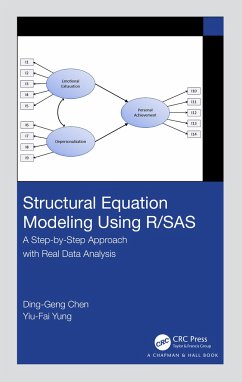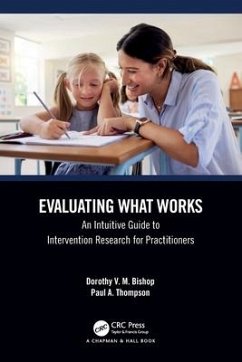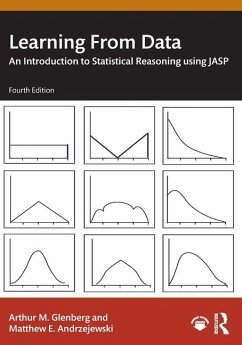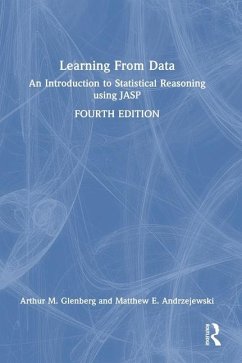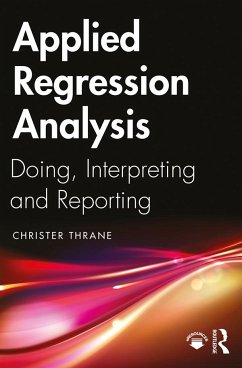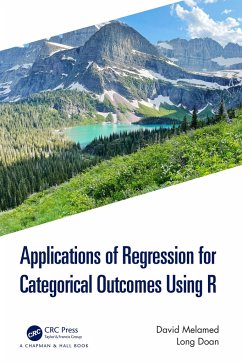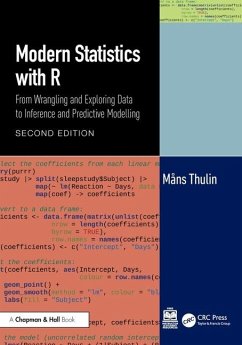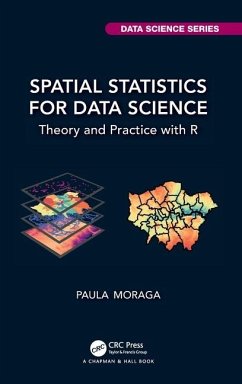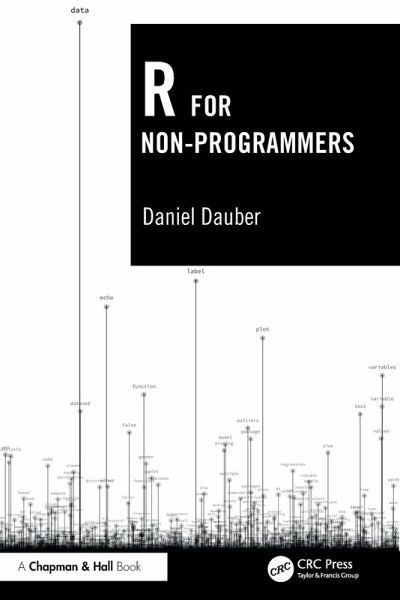
R for Non-Programmers
Versandkostenfrei!
Versandfertig in 1-2 Wochen
103,99 €
inkl. MwSt.
Weitere Ausgaben:

PAYBACK Punkte
52 °P sammeln!
The book introduces interactive elements, including chapter exercises in the accompanying R package, facilitating readers internalising this new programming language and statistical techniques. This interactive approach, particularly beneficial for novices, enhances the overall learning experience and distinguishes it as a valuable resource.





